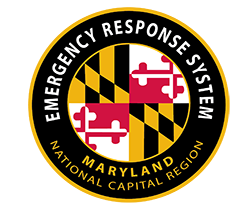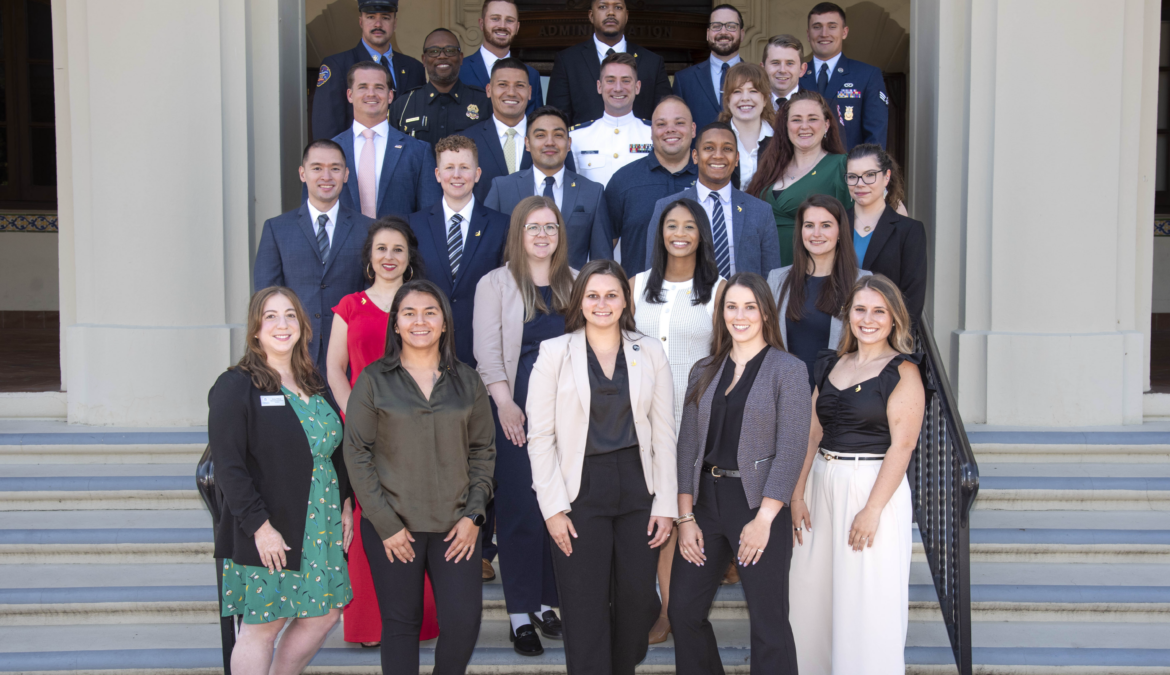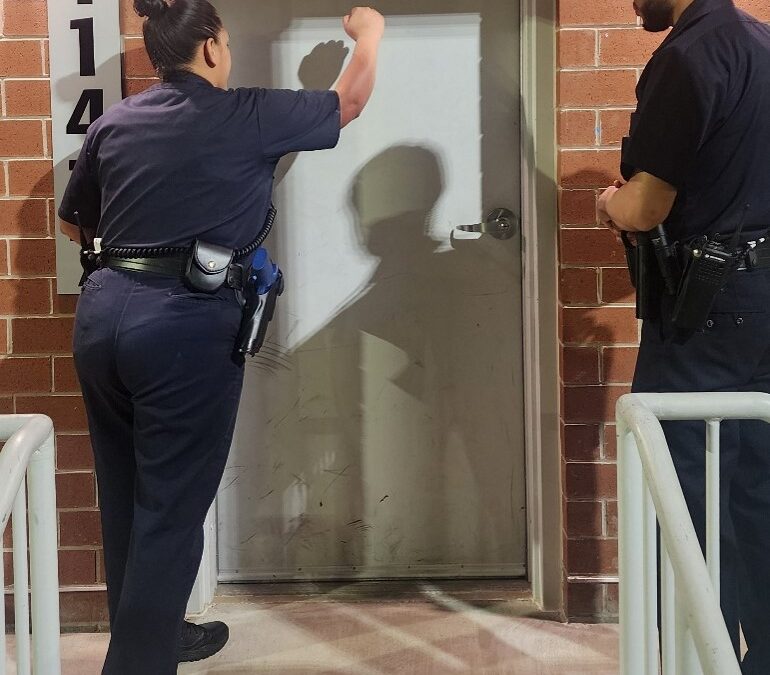With a rapidly evolving landscape of security challenges, institutions such as the Naval Postgraduate School – Center for Homeland Defense and Security (NPS-CHDS) located in Monterey, California, aim to shape the leaders of tomorrow. Emergency Response Specialist Oscar Coripuna was accepted into the NPS-CHDS Emergence Program, marking a significant milestone in his professional development, and equipping him with the knowledge and tools to implement effective organizational change within the Maryland-National Capital Region Emergency Response System (MDERS).
CHDS was established to cultivate a collaborative national cohort of emerging homeland security leaders by enhancing their skills with advanced proficiencies in organizational collaboration, policy formulation, and innovative strategies. In partnership with the Federal Emergency Management Agency (FEMA), CHDS offers a wide range of competitive programs that focus on assisting participants in developing the strategies necessary to combat, prepare, and respond to public safety threats across the United States. All programs are designed to foster and prioritize leadership development to reshape the perspective of public safety officials towards the intricacies of an evolving world and the multifaceted mission of homeland security.
The CHDS Emergence Program is a six-month online and network-based learning experience that includes two-week-long in-person classroom sessions. The program provides an educational forum that brings together a diverse group of local, state, and federal government professionals to delve into cutting-edge research, collaborative problem-solving, and interdisciplinary cooperation. A significant part of Emergence is an innovation lab used to research and construct ideas for change that participants brief to their agency leadership and implement to solve organizational challenges. The cohort consisted of 28 participants representing disciplines from law enforcement, fire/rescue/EMS, emergency management, public health, healthcare, and national intelligence. As a participant, Oscar was immersed in a dynamic environment exploring emerging homeland security threats and learning about various potential risks that will influence public safety entities to adjust.
During the first in-residence, the program covered a wide array of relevant topics, ranging from critical thinking, climate change, effective communication, artificial intelligence, cybersecurity, and risk management. Engaging lectures and thought-provoking discussions fostered a holistic understanding of current challenges facing our nation and the world. Oscar’s time in Monterey was transformative with the exposure to groundbreaking research and real-world case studies that broadened his perspective and sharpened his analytical skills. Collaborating with peers from diverse professional backgrounds enriched his learning experience, enabling him to gain insights and innovative approaches to problem-solving.
One of the most rewarding aspects of the program was the opportunity to work on his change initiative project for MDERS. Drawing upon the actionable feedback gained from the program, he is working on developing a comprehensive project continuity strategy that helps capture historical information and the status of MDERS initiatives to address knowledge gaps within the Operational Support Directorate. From refining the project continuity of MDERS initiatives to incorporating a formal transition process as a solution, every aspect of Oscar’s project was informed by the invaluable lessons learned at CHDS. Oscar believes that his residency in Monterey transcends the confines of the classroom due to the numerous lessons learned applicable to real-life emergencies.

Emergency Response Specialist Oscar Coripuna
“During the entirety of the Emergence Program, the opportunity to discuss strategies to combat current and future homeland security threats among like-minded professionals from around the nation was extraordinary. The insights gained from these discussions have allowed me to think critically about emerging public safety threats that can impact the Maryland-National Capital Region.”
As Oscar’s experience at the NPS-CHDS Emergence Program was empowering, he is eager to learn more about the resources and partnerships needed to tackle complex security challenges that are evolving. MDERS is proud to have Oscar represent the Maryland-National Capital Region (NCR) and commends his dedication to undertaking opportunities that enhance his expertise to better serve our stakeholder community. After his graduation in June 2024, Oscar is eager to incorporate the invaluable lessons from CHDS into his work to enhance response operations with regional partners in Montgomery and Prince George’s Counties
For more information on NPS-CHDS, click here.






